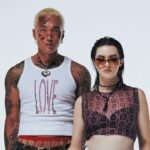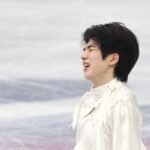CJ Logistics announced on Wednesday that it has signed a strategic memorandum of understanding (MOU) with Affinity Equity Partners.
Affinity is a global private equity fund based in Seoul, Singapore, Beijing, Hong Kong, and Sydney, and its current portfolio companies include Burger King, Lock & Lock, Subway, Yogiyo, and SK Rent-a-Car.
CJ Logistics will provide logistics consulting and execution for Affinity’s equity investee companies.
CJ Logistics will also seek consulting opportunities to identify inefficiencies in the logistics system and improve operational processes as needed in the course of new equity investments by Affinity.
CJ Logistics is expected to increase its number of 3PL(Third Party Logistics) customers and Affinity is expected to improve the corporate value of its investee companies.
3PL refers to the outsourcing of part or all of the logistics process to specialized logistics companies.
CJ Logistics has a specialized organization of 300 logistics consultants and has been consulting with more than 20 companies since last year.
“Based on our strategic partnership, we will create a new win-win case by building a close support system between the two companies and increasing the corporate value of Affinity’s equity investee companies based on Korea’s largest logistics infrastructure and advanced logistics technology capabilities,” said a CJ Logistics official.
by Jae-Kwang Ahn
ahnjk@hankyung.com















